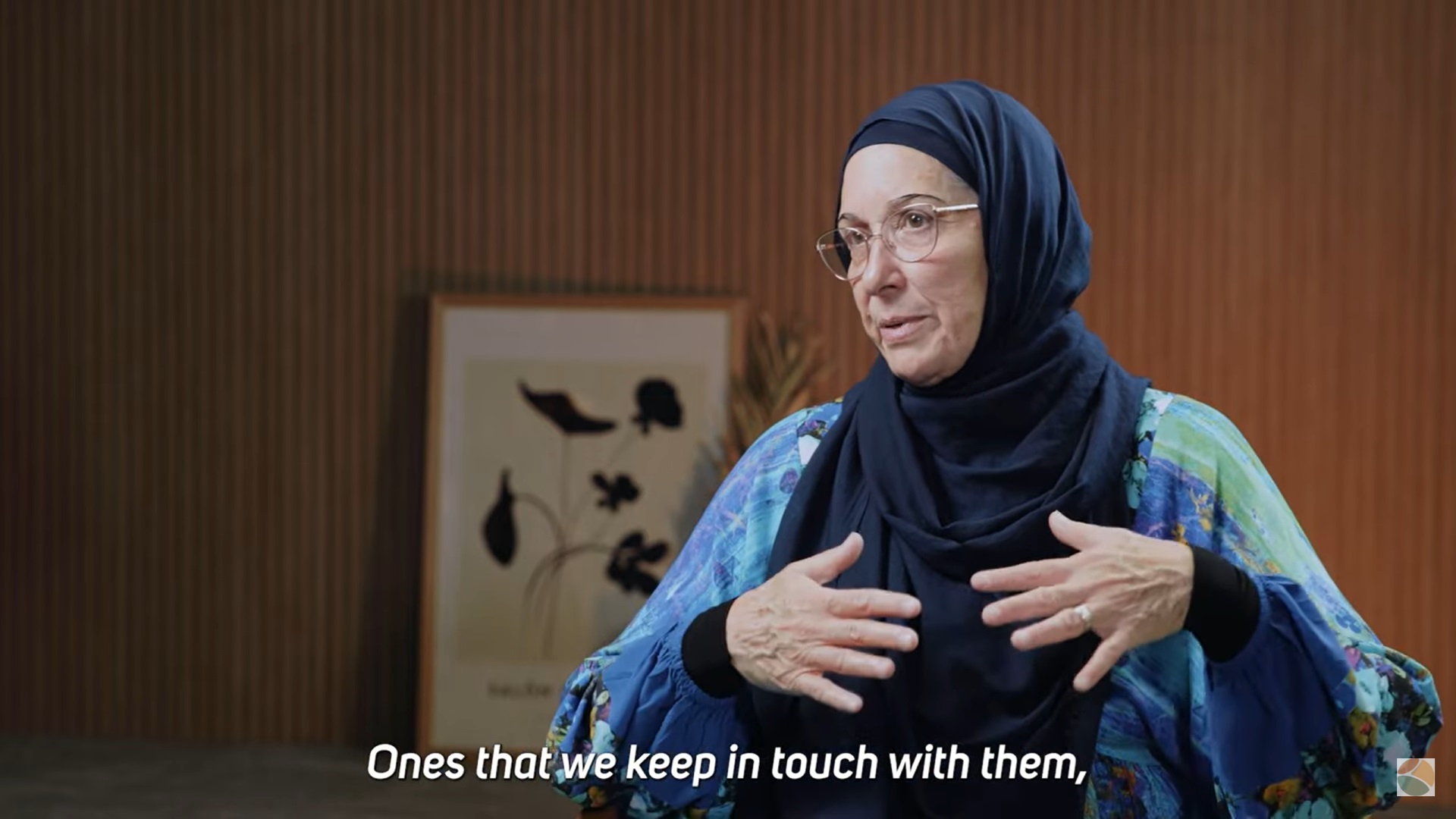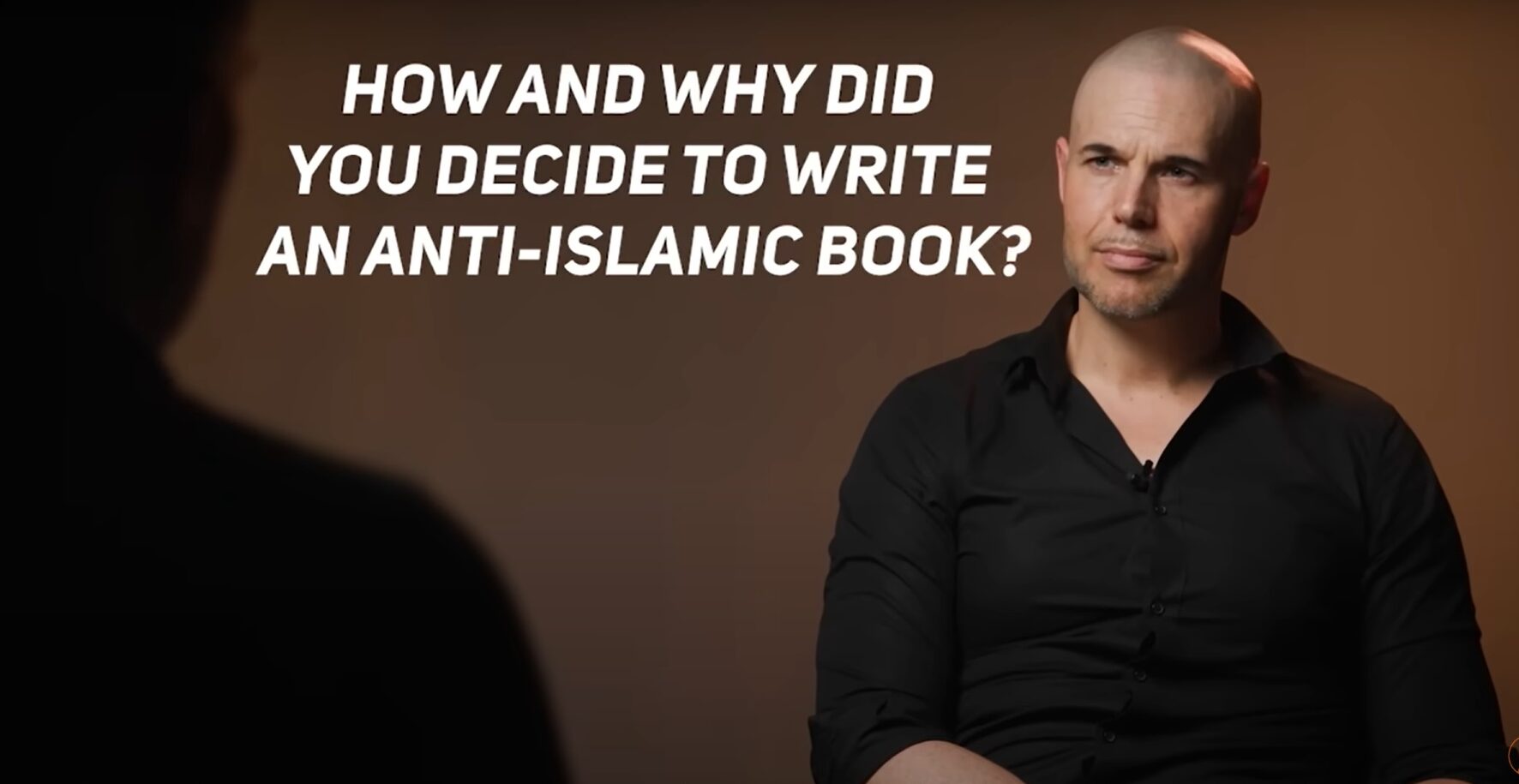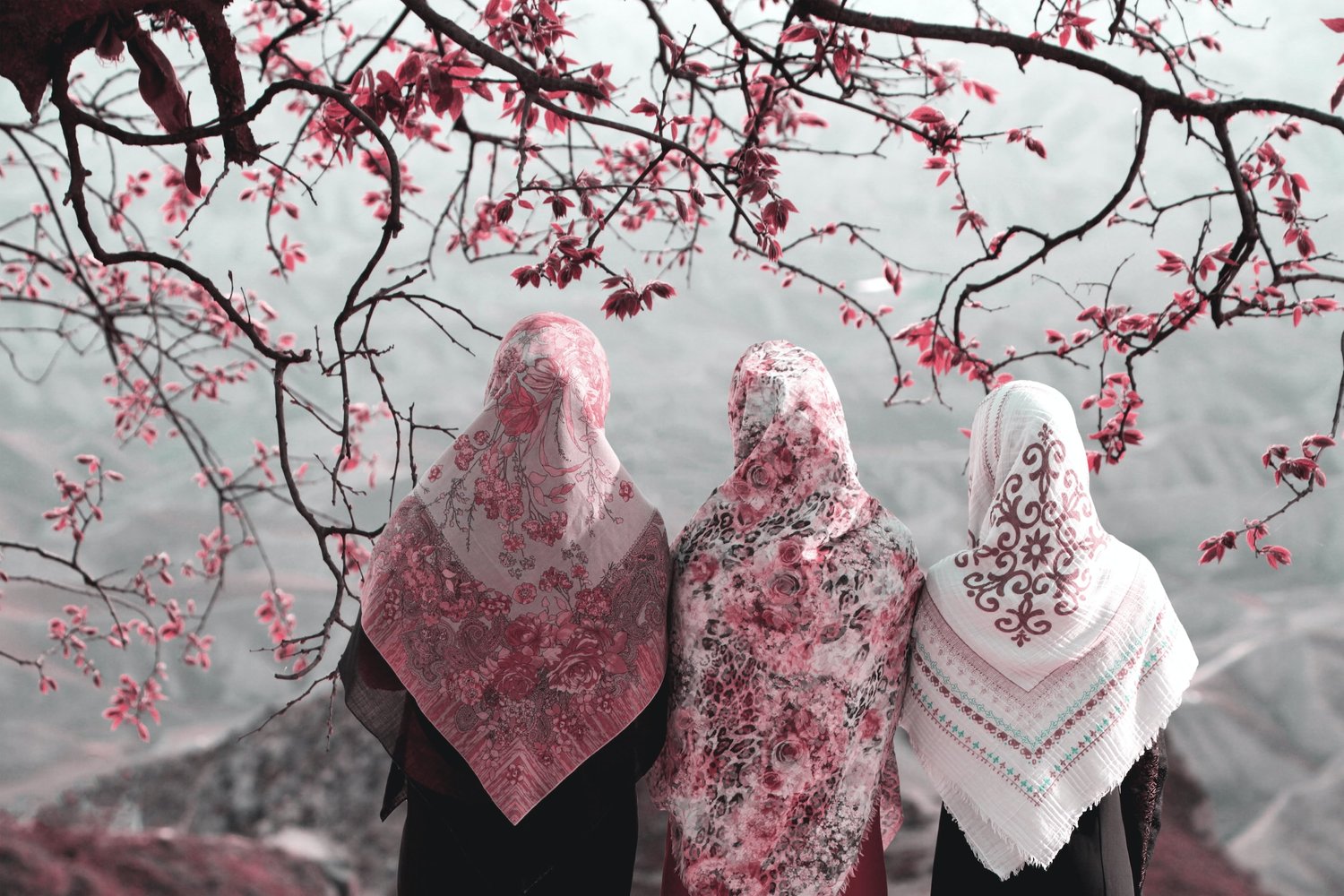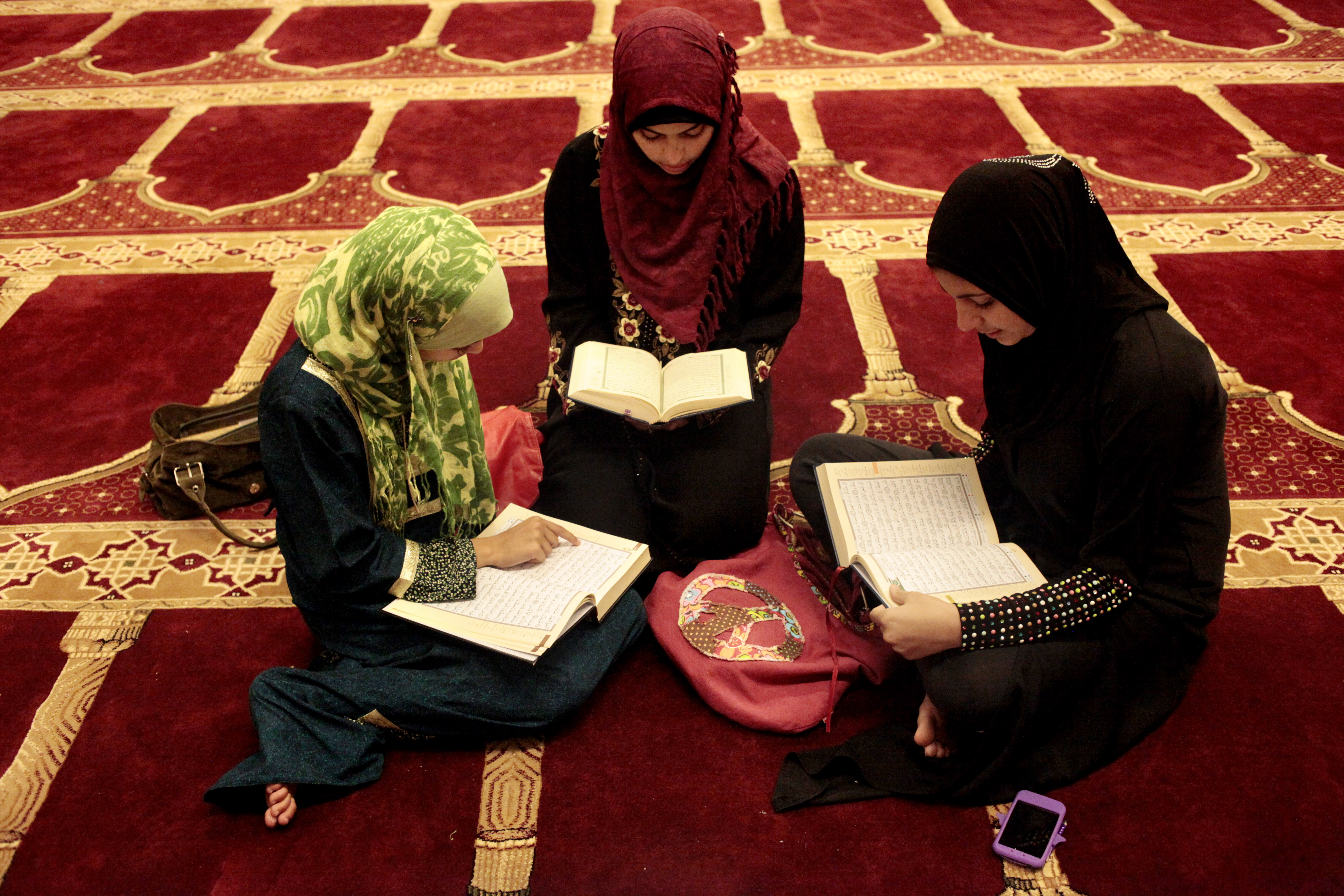Author: editor
“My Atheist Father Took the Shahada on His Deathbed!” | Journey from Nunhood to Islam
My atheist father brought shahada on his deathbed and I found out at the end…
”FBI Is Here! What Have You Done?” – The Story Of An American Missionary Who Converted To Islam
An interview with American Ex-Missionary who Converted To Islam, the follow are the questions…
While Writing Anti-Islam Book He Became Muslim! – The Story of Joram Van Klaveren
A video with joram van klaveren. How did Joram Van Klaveren became a Muslim?…
Women In Islam Beyond Stereotypes
What comes to your mind when you think of a Muslim woman? A mysterious, veiled…
Women in the Quran and the Sunnah
Prof. Abdur Rahman I. Doi Professor and Director, Center for Islamic Legal Studies, Ahmadu Bello…
Hijab (Veil) and Muslim Women
Ms.Naheed Mustafa “My body is my own business.” MULTICULTURAL VOICES A Canadian-born Muslim woman has…
Parents Rights: What Kind Of Rights Are They?
by: Sumayyah bint Joan The biggest right over mankind is that of Almighty Allah. Emaan…
Rights of Non-Muslims
By Sheikh al-Othaimeen. Non-Muslim is a broad term that covers all those who are disbelievers…
Moral System in Islam
In the name of Allah, the Beneficent and the Merciful Islam has laid down some…









